Indonesian chains Kenangan Coffee and Fore Coffee brew up a storm in Singapore
JAKARTA/SINGAPORE: On its first day of operations in September, Kenangan Coffee at Raffles City Shopping Centre sold more than 1,500 drinks.
This helped the Indonesian chain achieve its highest daily revenue at an outlet, said co-founder and chief executive Edward Tirtanata.
Kenangan Coffee was founded in 2017 and operates more than 900 stores, most of them in Indonesia.
Another Indonesian chain, Fore Coffee, had similar sales numbers when it debuted here. Its outlet at Bugis Junction sold nearly 3,000 cups of coffee during its opening weekend in November.
Over the past three months, an Indonesian coffee wave has been brewing in Singapore, even as other coffee franchises exited the market.
Kenangan Coffee, known for its Kenangan latte that uses black aren, or palm sugar from Indonesia’s Java, has added two outlets, at Changi Airport and Ngee Ann City shopping mall.
The two new chains join Tanamera, an Indonesian coffee chain which now has nine outlets in Singapore after opening its first in Change Alley in 2020.
“Wherever we open an outlet in Singapore, it will most likely be seen throughout the world because many foreign tourists come to this country,” a spokeswoman for Kenangan Coffee told The Straits Times.
The chain opened its first overseas outlet in Malaysia in 2022.
A Fore Coffee spokesman told ST that Singapore is the “central business district” of South-east Asia, and this was a large factor behind its decision to expand to the Republic.
The Bugis outlet is the first one overseas for Fore Coffee, which has more than 120 stores across Indonesia.
As for Tanamera, its co-director for Singapore and Indonesia, Mr Ronald Liong, said expanding its business to Singapore had always been a goal because of factors such as the close ties between the two countries, the similar tastes and Singapore’s spending power.
“We have a lot of Singaporean expats visiting our Jakarta outlets, and there is a sizeable Indonesian diaspora in Singapore. So we felt that if we entered the Singapore market, at least we would not start as a completely unknown player in the market,” said Liong.
People in Singapore are expected to drink more coffee in the years to come.
Data analytics firm GlobalData reported earlier in 2023 that between 2022 and 2027, Singapore’s coffee market sales are expected to register a 3.2 per cent compound annual growth rate.
Perfect Daily Grind, a coffee news publication, reported in 2021 that Singapore’s coffee consumption was about 15,000 tonnes – or about 2.6kg of coffee per capita – a year. This is not too far behind that of Asia’s largest consumer of coffee, Japan, which had a per capita coffee consumption of 3.4kg in the same year, according to Statista.
Despite the popularity of coffee in Singapore, operating a coffee chain here can be challenging. In October, Flash Coffee, which is headquartered in Singapore, closed all 11 of its outlets.
On Nov 29, The Business Times reported that the Spinelli Coffee chain from the United States will close its remaining six outlets in Singapore by the end of 2023.
While Liong is aware of the challenges, he is confident that his brand can hold its own.
He noted that Tanamera serves not just coffee but also Indonesian cuisine that pairs with its drinks. There are dishes like sop buntut (oxtail soup), tahu telur and nasi goreng.
Tanamera, which was started in 2013 in Indonesia, has also been building up its wholesale business here, supplying coffee to hotels like W Hotel and the Singapore Edition.
Kenangan Coffee’s spokeswoman says the company sees competition as something positive.
“More players in the coffee market mean there are… more consumers consuming coffee,” she said.
The chain made adjustments to its drinks in the Singapore market based on research on local preferences.
For example, the sugar content in its Kenangan latte is 50 per cent less in Singapore compared with in Indonesia, said the spokeswoman.
Kasmito, founder of Indonesian coffee roasting company Maharaja Kopi, said Indonesian coffee flavours have not been fully explored by the world.
Kasmito, who goes by one name, added that Indonesia is one of the world’s largest coffee producers and has more than 300 years of experience with these beans.
The United States Department of Agriculture said the archipelago is the fourth-largest producer of coffee. The department added that Indonesia’s coffee production in 2023 is forecast to increase by 7 per cent to about 11.35 million 60kg bags.
Kasmito noted that coffee from Indonesia has started winning awards.
In November, at the World Coffee Championships in Taiwan – the Oscars of the coffee world – Taufan Mokoginta from Indonesia took the prestigious title of World Coffee Roasting Champion, beating contenders from more than 30 countries.
Liong said: “Personally, I believe coffee has the potential to be Indonesia’s Ferrero Rocher – a ‘masstige’ product.”
Such a product is mass-produced and relatively inexpensive, but is marketed as luxurious or prestigious.
“Indonesia can use this as a diplomatic charm offensive, to exude its soft power, and to bring economic benefit to its people.” – The Straits Times/ANN


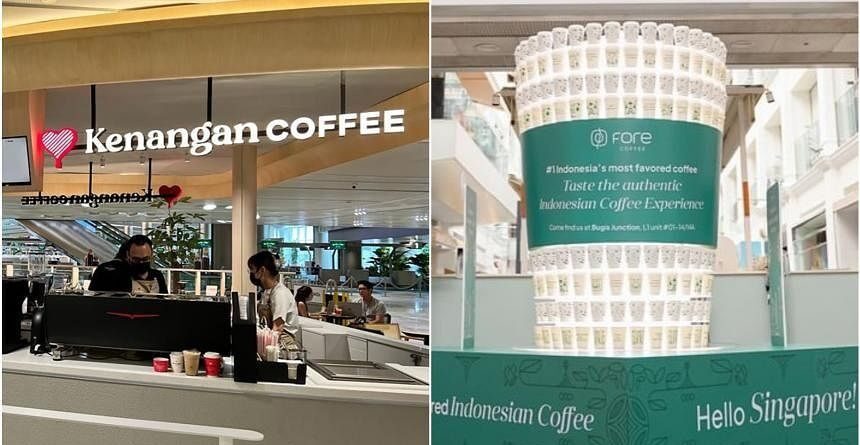
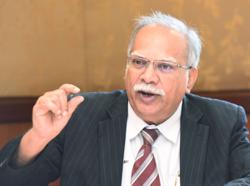

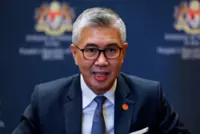

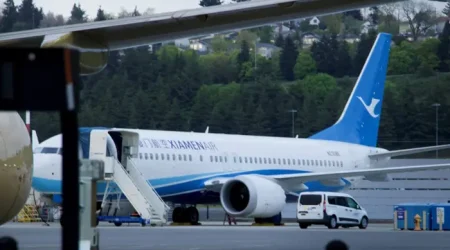
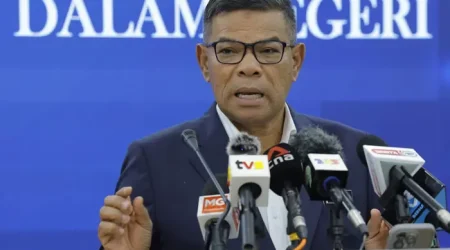
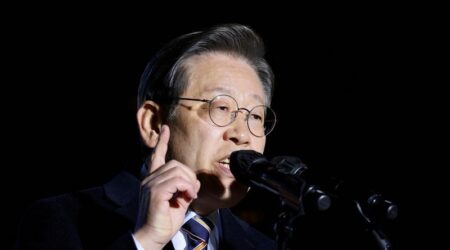

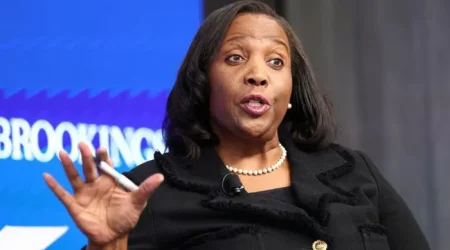

Leave a Reply